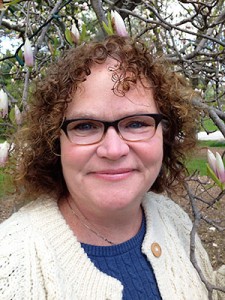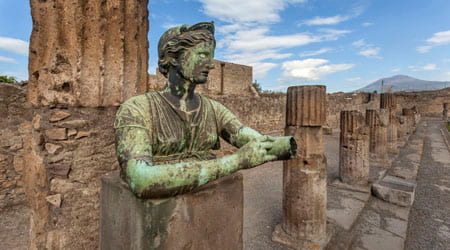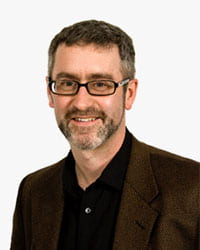Come join us for our first-ever virtual colloquium presented by Dr. Patricia B. Richards on October 9th at 2:30 PM via Zoom!
A Retrospective: Twenty-Eight Years of the Milwaukee County Poor Farm Cemetery Project
From 1878 through 1974 Milwaukee County utilized four locations on the Milwaukee County Grounds in Wauwatosa, Wisconsin for the burial over 10,000 individuals, primarily paupers, the institutionalized, and the unidentified. Two archaeological excavations in 1991-1992 and again in 2013 resulted in the recovery of over 2,400 individuals from one of those cemetery locations. Curated by the University of Wisconsin-Milwaukee’s Archaeological Research Laboratory, the Milwaukee County Poor Farm Cemetery (MCPFC) individuals, artifacts, and associated archives represent one of the largest, if not the largest, archaeologically recovered, permanently curated skeletal collections in the United States. In addition to generating a substantial osteological data set, this project offers a model for crossing boundaries between cultural resource management, academic research, and social engagement at a time when the exhumation of the United States’ forgotten historic cemeteries has become increasingly common. As a project focused on a late 19th and early 20th century cemetery, the MCPFCP is situated not only within the history of historical archaeological research but is also influenced by the recent bioarchaeological trend of engaging with social theory to examine social identity and lived social experience. This talk summarizes the project to date within the overarching goal of returning a voice and an identity to individuals robbed of both by burial in the MCPFC.

Patricia Richards
Dr. Patricia B. Richards is a senior scientist in the Anthropology Department at UWM. She is also a Principal Investigator for UWM-CRM and has conducted cultural resource studies in Wisconsin, Michigan and Illinois since 1973. Her specialties include mortuary analysis and historic period archaeology in the Great Lakes region. She has served as project director of the Milwaukee County Poor Farm Cemetery Project since the collection was permanently moved to UWM in 2008 and directed the original excavations in 1990s.
How to Attend Meeting:
This meeting will take place virtually via the web conferencing app, Zoom. Please follow the instructions below to attend on the day and time of the colloquium. Thank you.
Join Zoom Meeting at 2:30 PM on October 9th.
https://us02web.zoom.us/j/3103017900?pwd=TURnd1E4Z0s3bUhFUW5oQkVzOThVZz09
Meeting ID: 310 301 7900
Passcode: 9516145
One tap mobile
+13017158592,,3103017900#,,,,,,0#,,9516145# US (Germantown)
+13126266799,,3103017900#,,,,,,0#,,9516145# US (Chicago)
Dial by your location
+1 301 715 8592 US (Germantown)
+1 312 626 6799 US (Chicago)
+1 929 205 6099 US (New York)
+1 253 215 8782 US (Tacoma)
+1 346 248 7799 US (Houston)
+1 669 900 6833 US (San Jose)
Meeting ID: 310 301 7900
Passcode: 9516145
Find your local number: https://us02web.zoom.us/u/kbUEqcWZ6f


